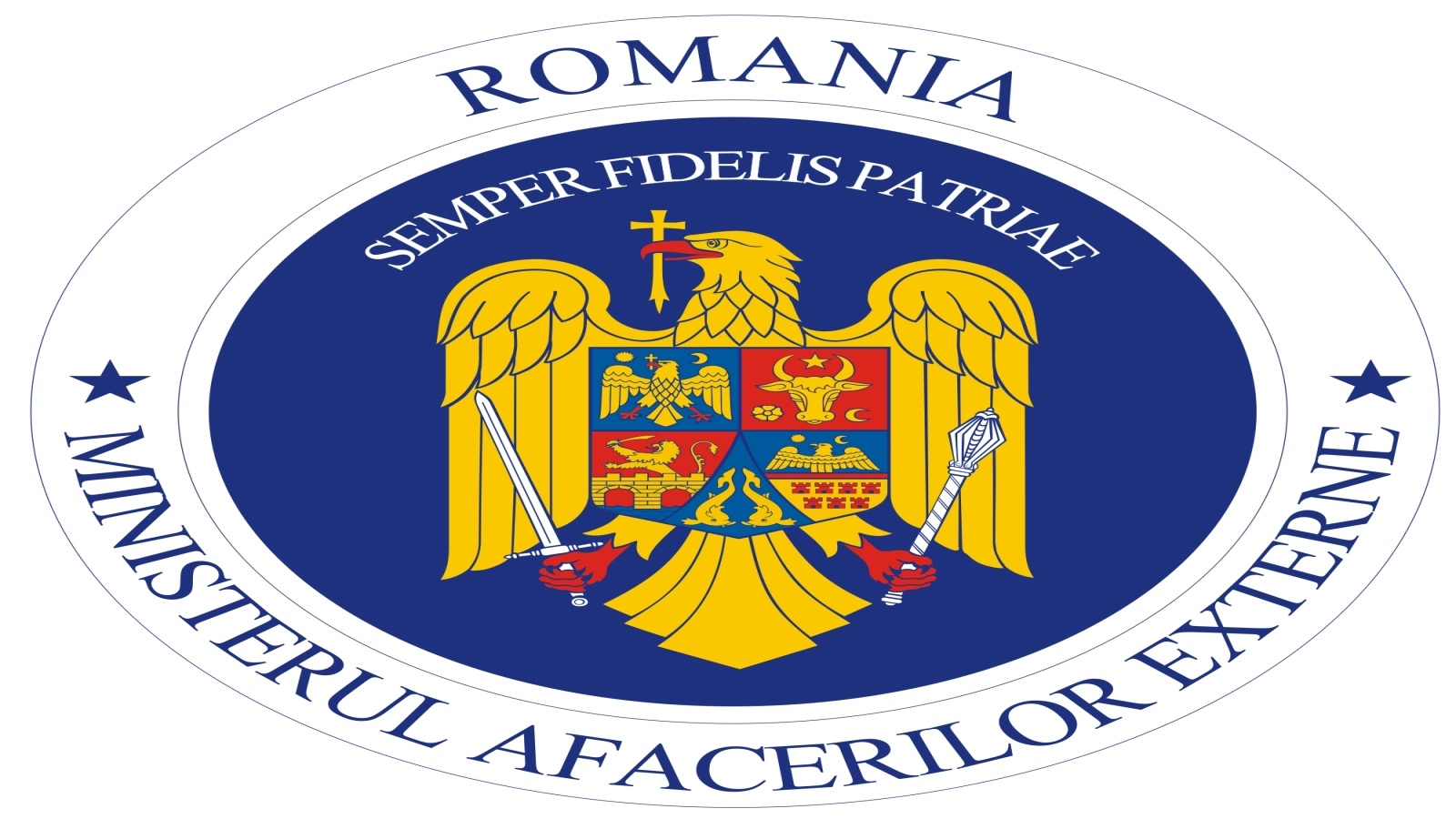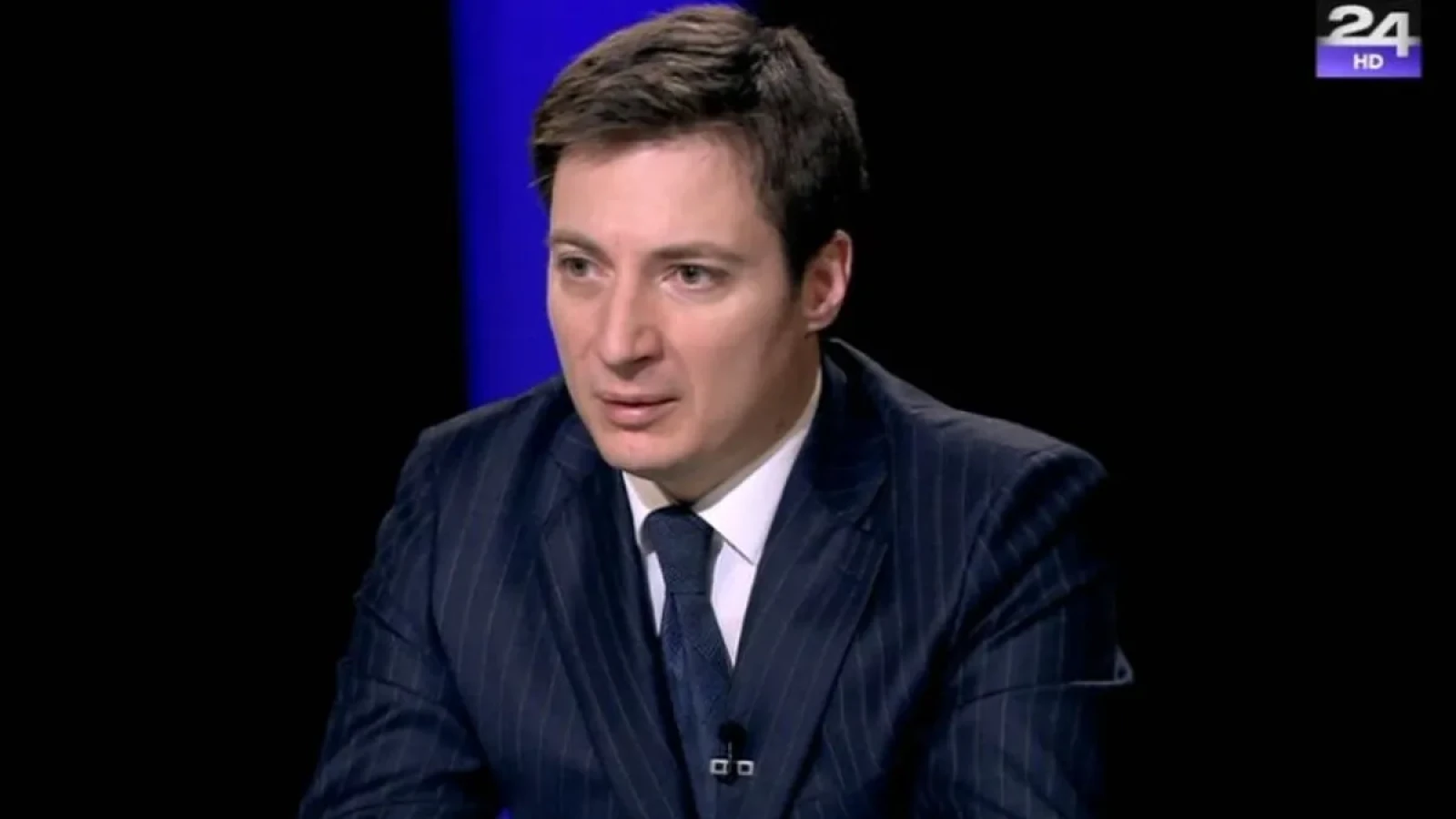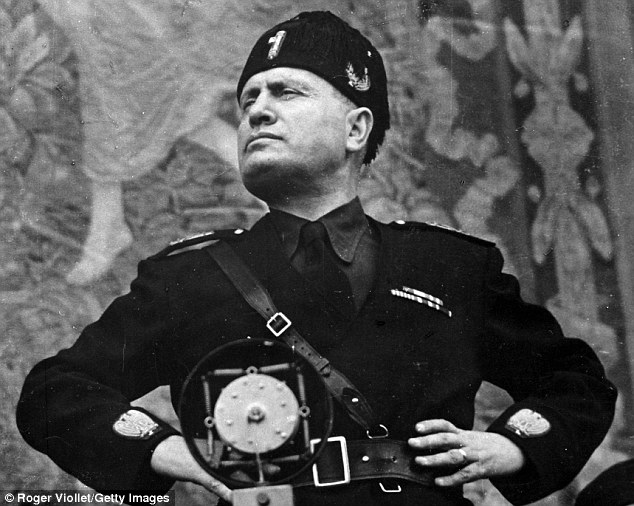The Romanian Government, through the Ministry of Foreign Affairs (MAE), has decided not to request the referral to the Grand Chamber of the European Court of Human Rights (ECHR) of the ECHR decision in the Kovesi v. Romania case, and this decision of the executive takes into account "the special importance of the decision of 5 May 2020 for the consolidation of the prosecutors' independence and, therefore, of the justice system in Romania".
The decision, made according to the applicable legal provisions by the Minister of Foreign Affairs, Bogdan Aurescu, at the proposal of the Government Agent for the ECHR and the specialized department within the MAE, was solidly based on a complex legal and politico-diplomatic analysis and took into account the opinion reasoned in the same sense of not referring to the Grand Chamber of the ECHR, of the Ministry of Justice, informs a press release sent to AGERPRES.
Thus, according to the quoted source, "the decision took into account the special importance of the decision of May 5, 2020 for the consolidation of the prosecutors' independence and, therefore, of the justice system in Romania through the implementation, through general enforcement measures monitored by the Committee of Ministers of the Council of Europe, of the findings of the ECHR in the said resolution." These findings are "in line with the views, assessments, conclusions and recommendations of documents of European and international bodies on Romania (such as the opinions of the Venice Commission or the reports of the European Commission on CVM) and in which the Romanian state has assumed a series of obligations, these documents being taken into account by the ECHR itself in the adoption of its May decision."
At the same time, the quoted source mentions that a request for referral to the Grand Chamber of the ECHR would postpone the moment when the decision of May 5, 2020 remains final, with consequent effects on its enforcement.
Moreover, supporting the independence of prosecutors and, more broadly, of the judiciary in Romania are values shared by the European Union and its member states, as well as by other strategic partners of Romania, being directly associated with Romania's pro-European and pro-Euro-Atlantic course and orientation.
In making the decision was also taken into account the fact that the referral to the Grand Chamber is not an obligation for either party, both the European Convention on Human Rights and the Rules of Procedure of the Court emphasizing the exceptional nature of such an approach. Relevant in this respect is the extremely low incidence of requests for referrals made by State Parties to the Convention, as well as those admitted for referral. At the same time, as indicated by the ECHR itself in its guide on requests for referral, from 2011 ("The General Practice followed by the Panel of the Grand Chamber when deciding on requests for referral in accordance with Article 43 of the Convention"), the Grand Chamber is not a court of appeal intended to correct alleged errors of fact or legal assessment of the characteristics of each individual case, committed by the Chambers, and the mere fact that a case is factually complex or politically sensitive does not in itself justify the referral.
"The soundness of the reasoning and the conclusions of the ruling are confirmed by the fact that the Chamber's decision was adopted unanimously, without separate opinions, being in full accordance with the previous, recent, case-law of the ECHR on the magistrates' access to justice and freedom of expression. At the same time, the ECHR did not decide to grant a sum of money as fair satisfaction to the claimant, as there was no material damage to the state; and also, the reinstatement of the claimant in the previous position is not relevant," reads the release.
At the same time, according to the recent case-law of the Grand Chamber, "no pertinent grounds have been identified to support an objective assessment on achieving a solution contrary to that adopted by the Chamber, following a possible re-examination by the Grand Chamber regarding the two violations found by the May 5, 2020 decision."
In fact, informs the release, "neither the Chamber that delivered the decision of May 5, 2020, considered it necessary to withdraw it in favor of the Grand Chamber - in application of the provisions of art. 30 of the European Convention on Human Rights".
The deadline by which the request for referral could be made was August 5.
On May 5, 2020, the ECHR ruled in the Kovesi case against Romania, unanimously finding a violation of Articles 6 and 10 of the European Convention on Human Rights, in terms of the right of access to a court and, of the freedom of expression, respectively. The case was based on the claimant's complaint concerning the refusal of access to a court to challenge the premature termination of the term of office of the Chief Prosecutor of the National Anti-Corruption Directorate. The claimant also maintained that her term of office had been terminated because of the views and positions she had expressed in public, given her official status, with regard to legislative reforms concerning the judiciary.
According to art. 1 paragraph 2 of the Government Ordinance no. 94/1999 on the participation of Romania in the proceedings before the European Court of Human Rights and the Committee of Ministers of the Council of Europe and the exercise of the right of recourse of the state following decisions and conventions for amicable settlement, "The prerogatives of a government agent in proceedings before the European Court of Human Rights and the Committee of Ministers of the Council of Europe shall be exercised, on behalf of the Government of Romania, by the Ministry of Foreign Affairs." Also, according to art. 9 of the same normative act, "The exercise of the means of appeal against the decisions of the Court is made by the Government Agent, with the approval of the Minister of Foreign Affairs".
MAE: Gov't, not to challenge ECHR decision in Kovesi case; decision aimed at strengthening independence of prosecutors
Articole Similare

15
ForMin Oana Toiu received delegation of Danish Parliament at Ministry of Foreign Affairs headquarters
15

13
PM Bolojan meets Romanian MEPs in Brussels
13

14
"Martisoare of Romanian Aviation during the Royal Period", temporary exhibition at Folk Art Museum in Constanta
14

20
MApN: Russian attacks on Ukrainian Danube ports; drone entered national airspace near Sfantu Gheorghe
20

13
Bucharest stocks close in the red on Wednesday
13

10
HealthMin Rogobete:We approved certification of seven new centers of expertise in rare diseases
10

13
Interviews for top prosecutor posts/Miron: Total offensive on drugs; Constanta Port is main gateway
13

12
Romanian Hotel Industry Federation launches project to enhance skills of hotel industry professionals
12

7
Exhibition 'Princely and Royal Thrones' to open on Thursday at National Museum of Romanian History
7

11
FEATURE/Sibiu: 209 years of South-East Europe's oldest museum - the hidden stories of Brukenthal
11

14
PSD's Fifor: PM Bolojan has once again sidelined Parliament
14

19
Veterinary watchdog: No farms impacted by African swine fever; 24 outbreaks in backyard holdings and wild boars
19

11
Rehabilitation of Covasna County's Miko Castle due in August, equestrian museum planned inside
11



















Comentează